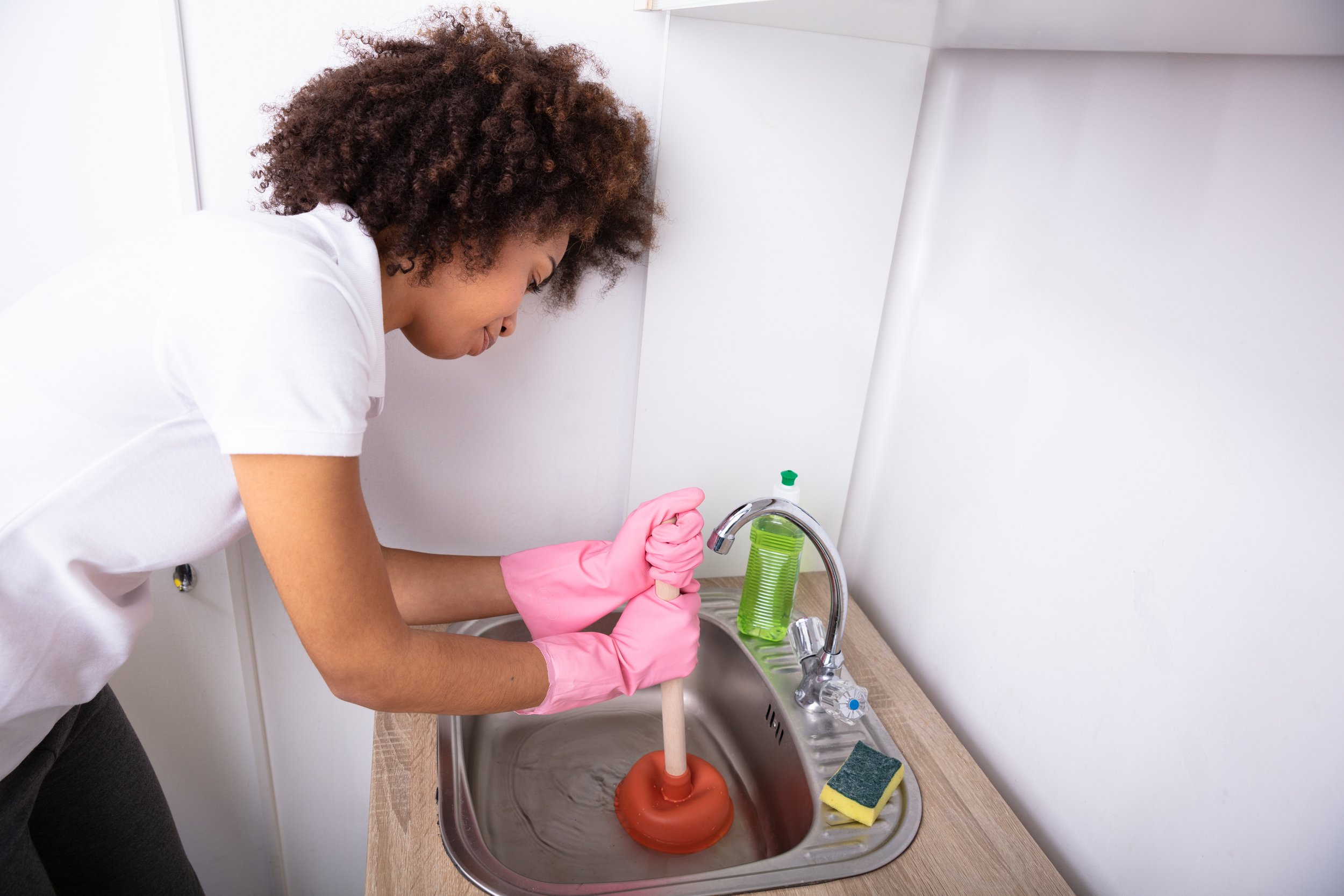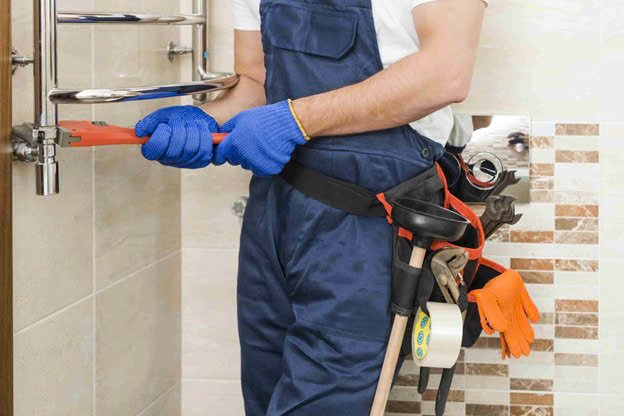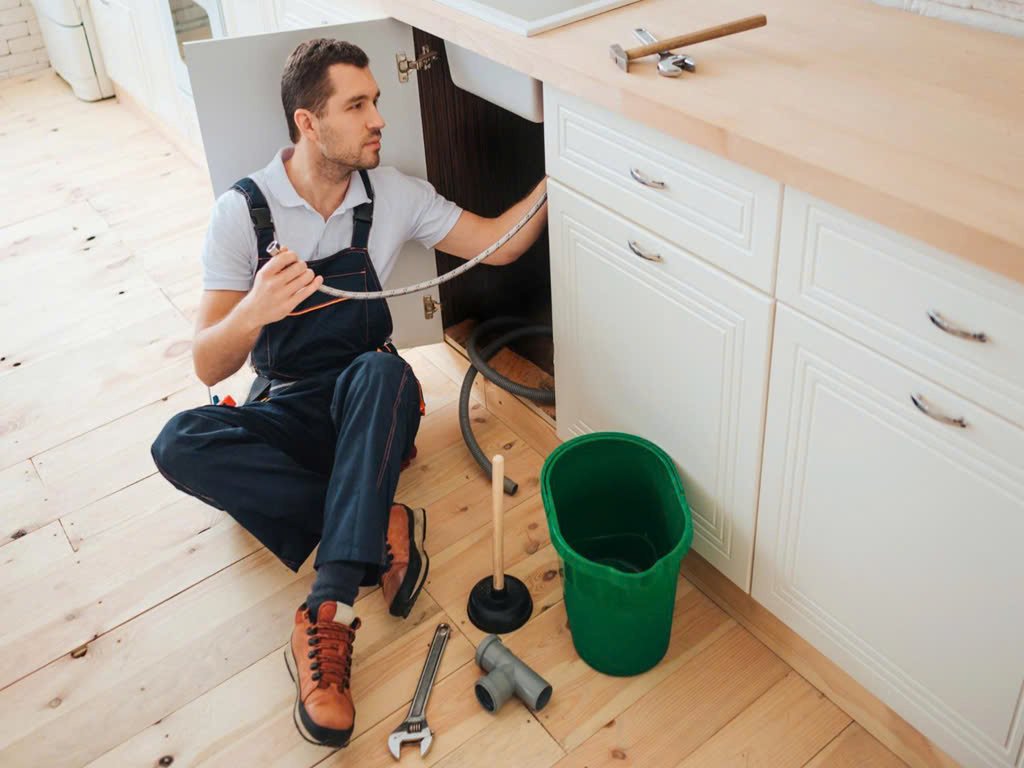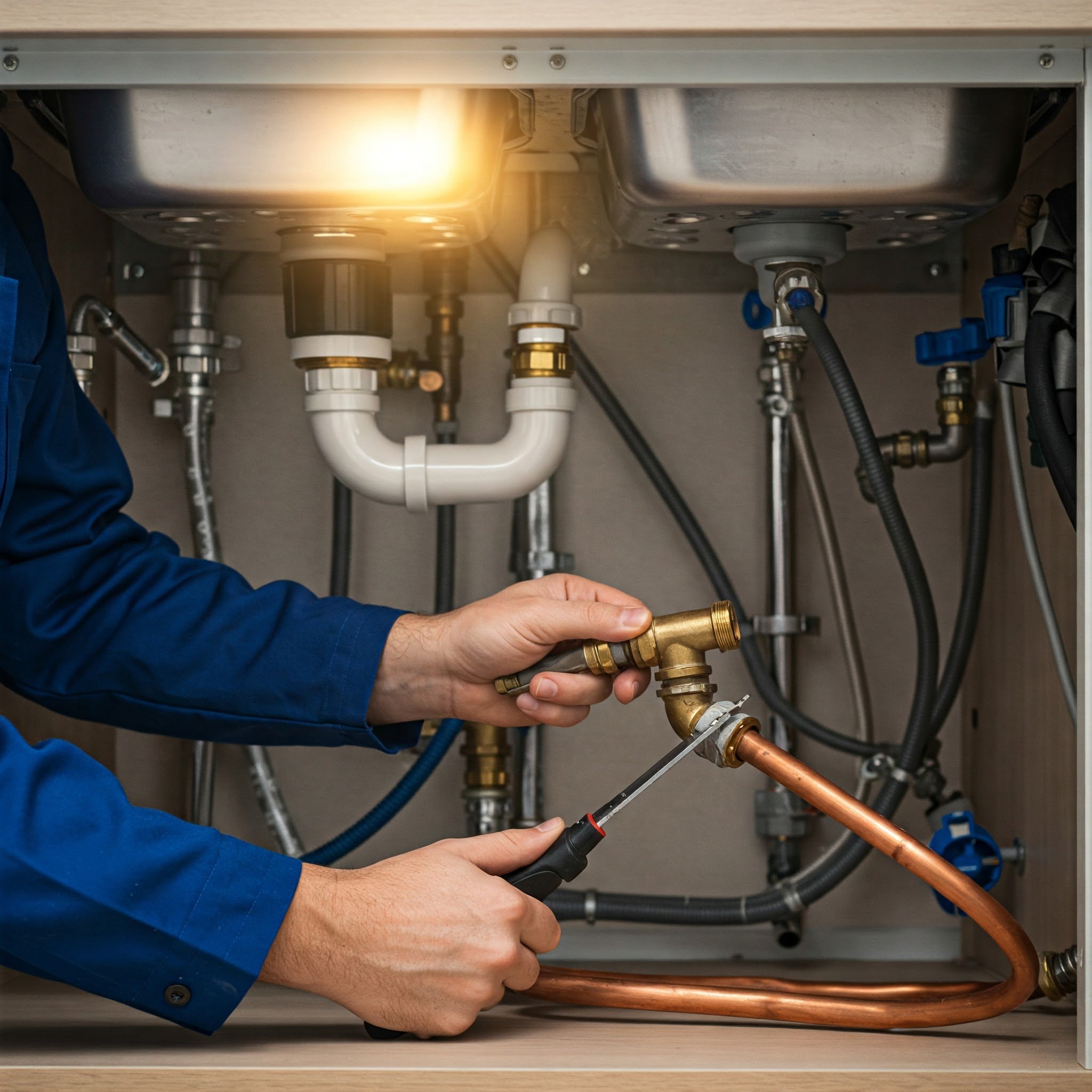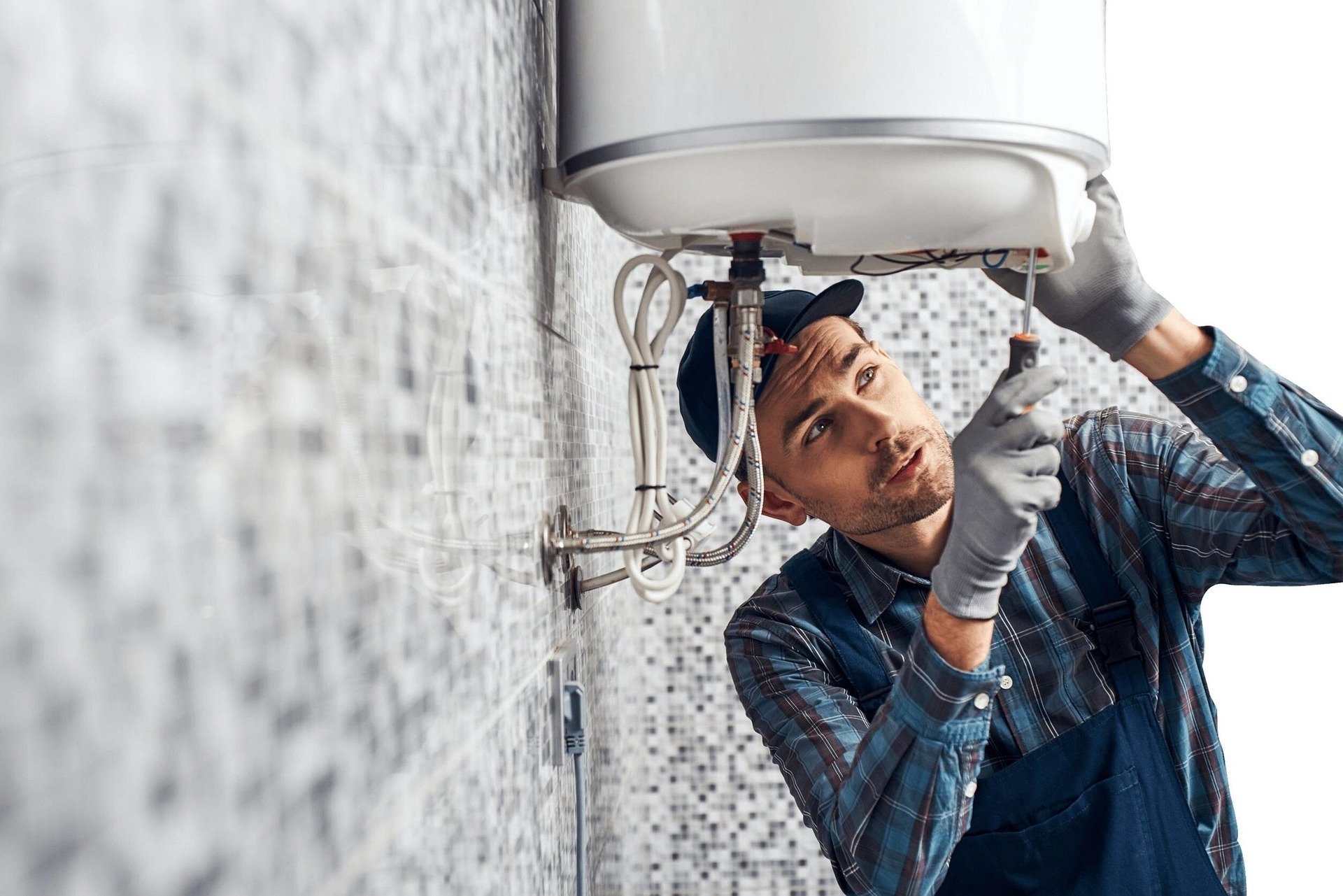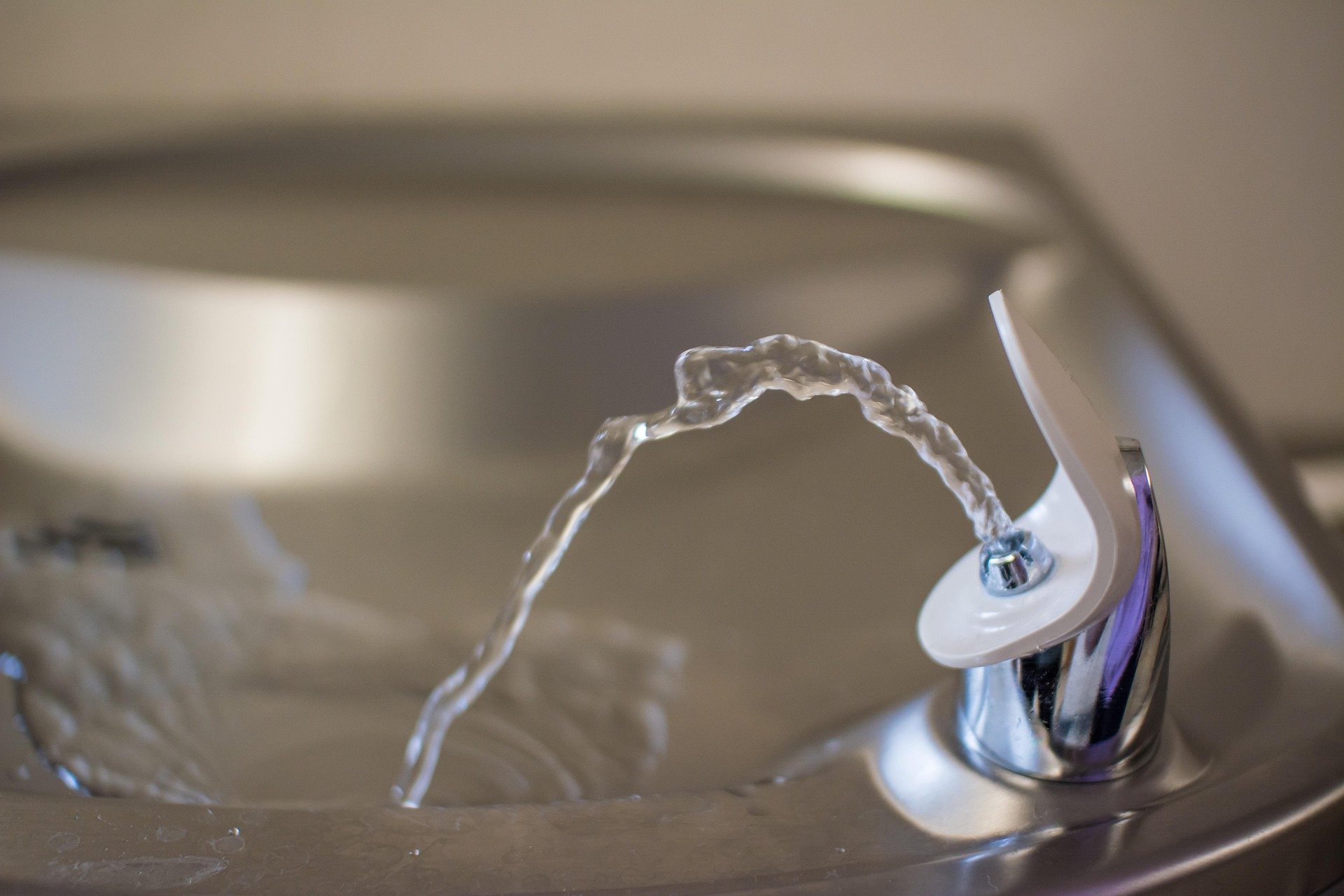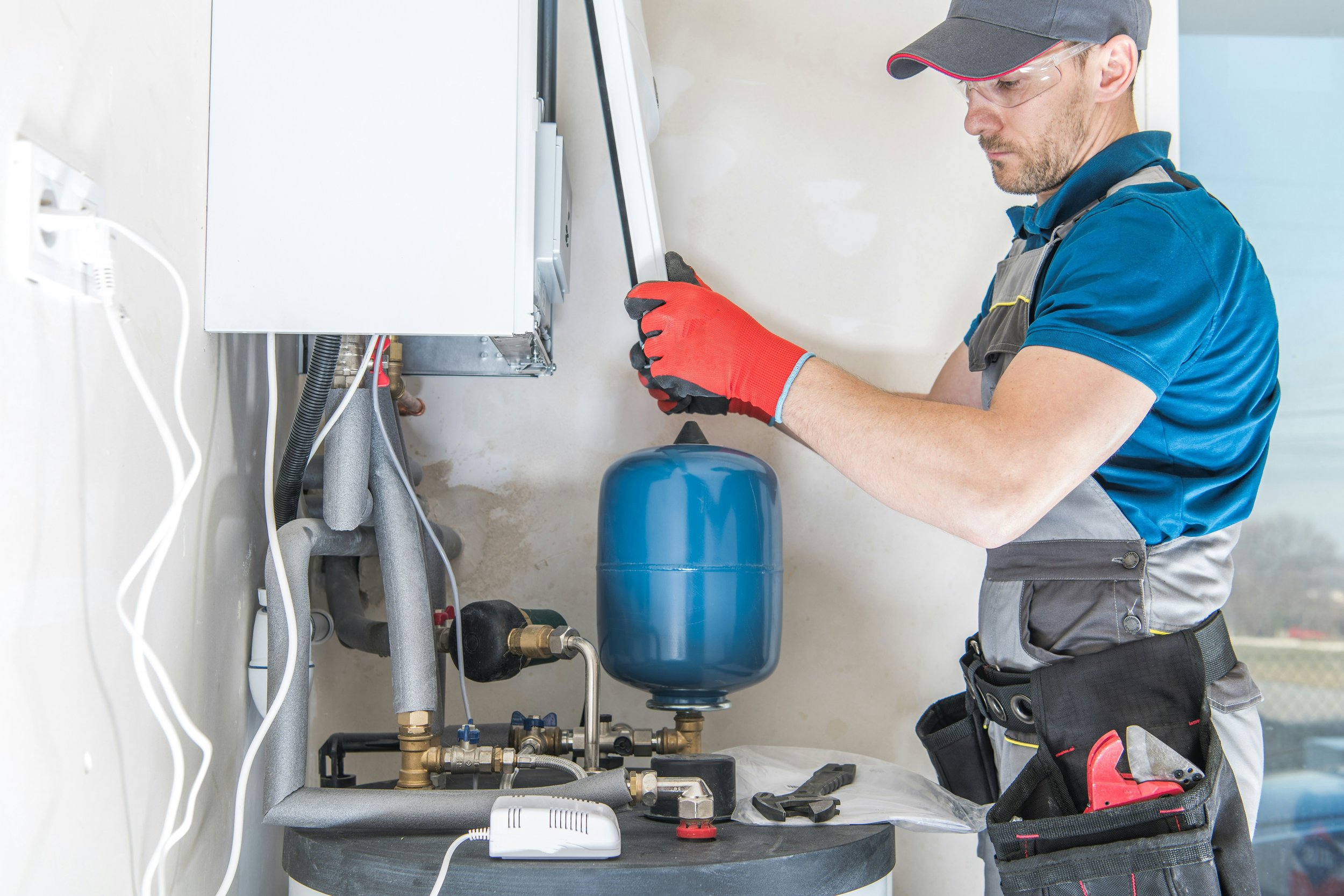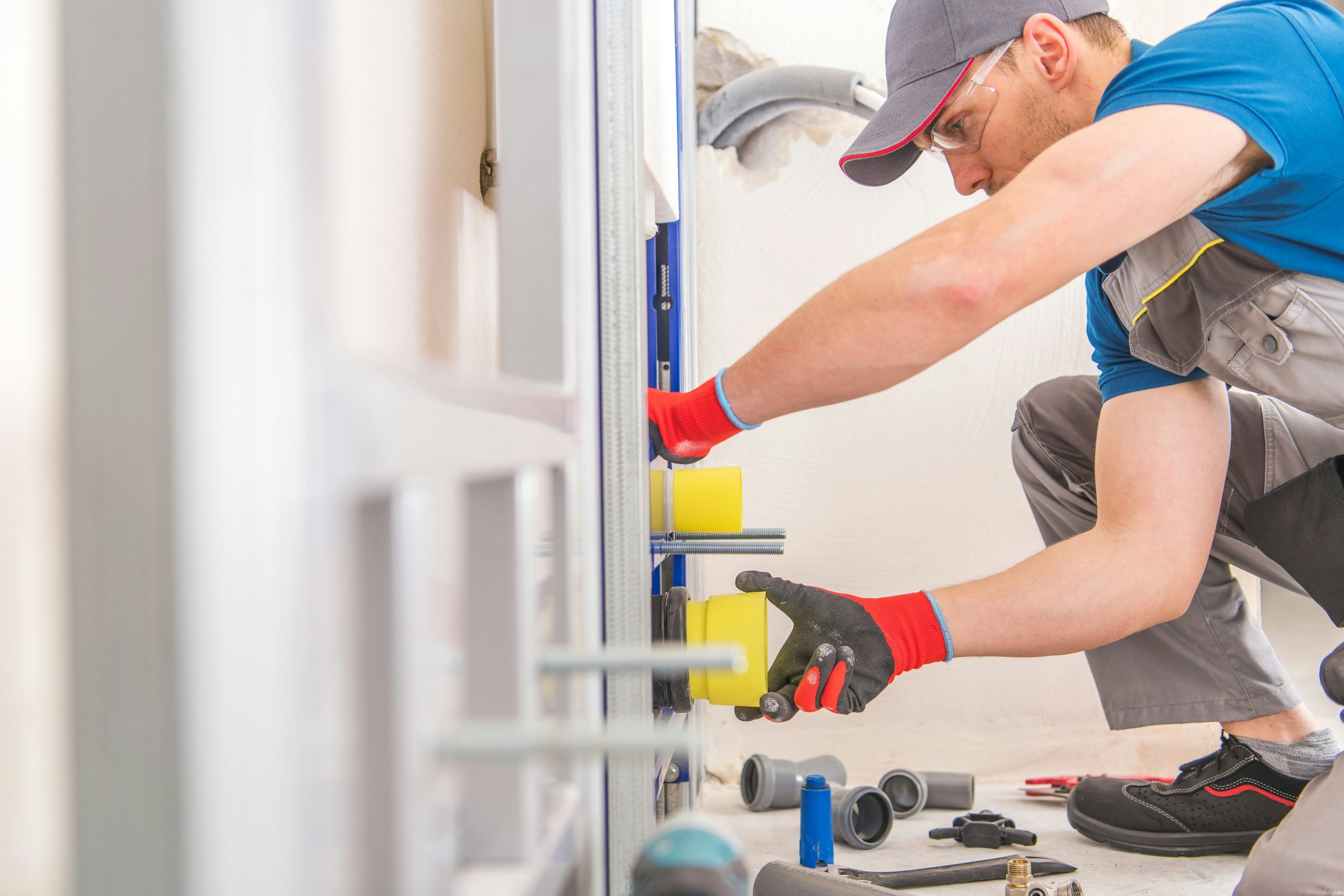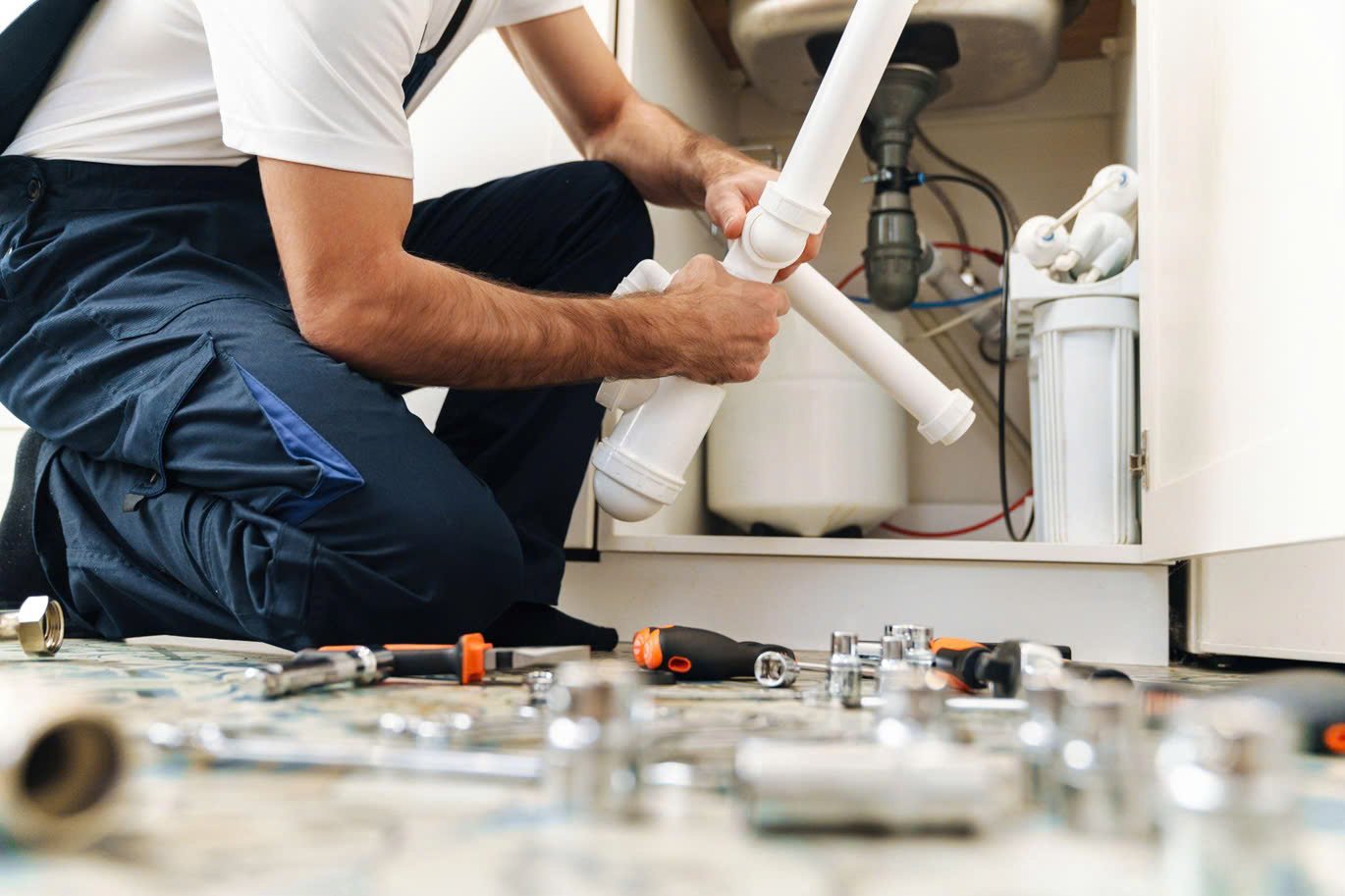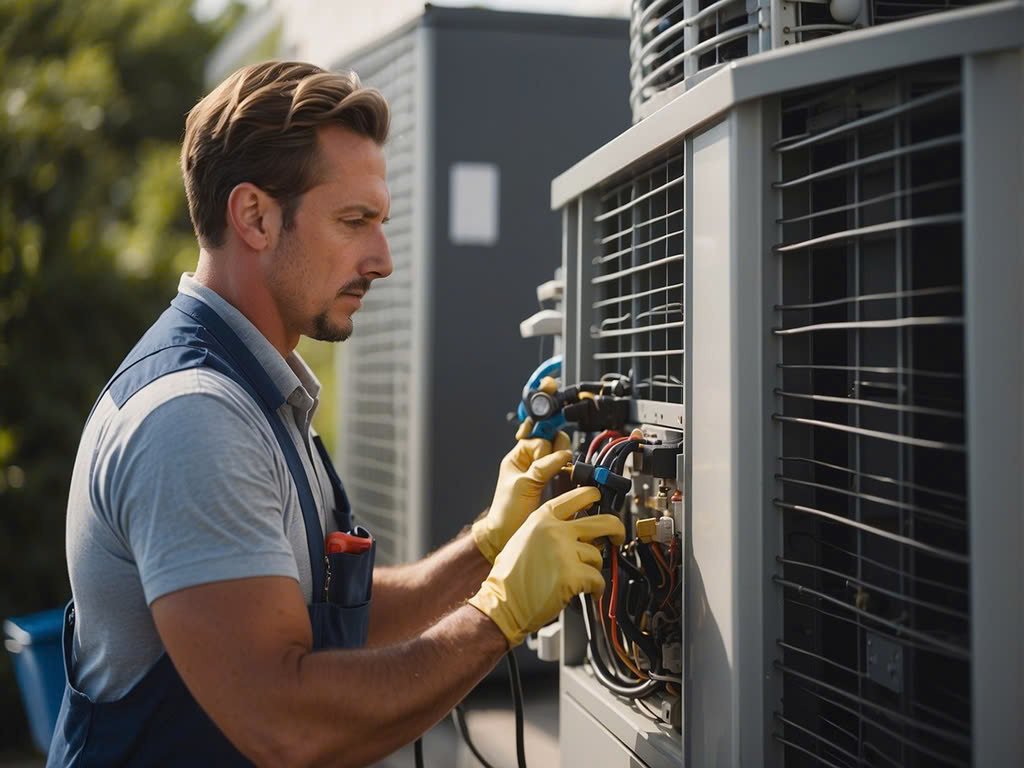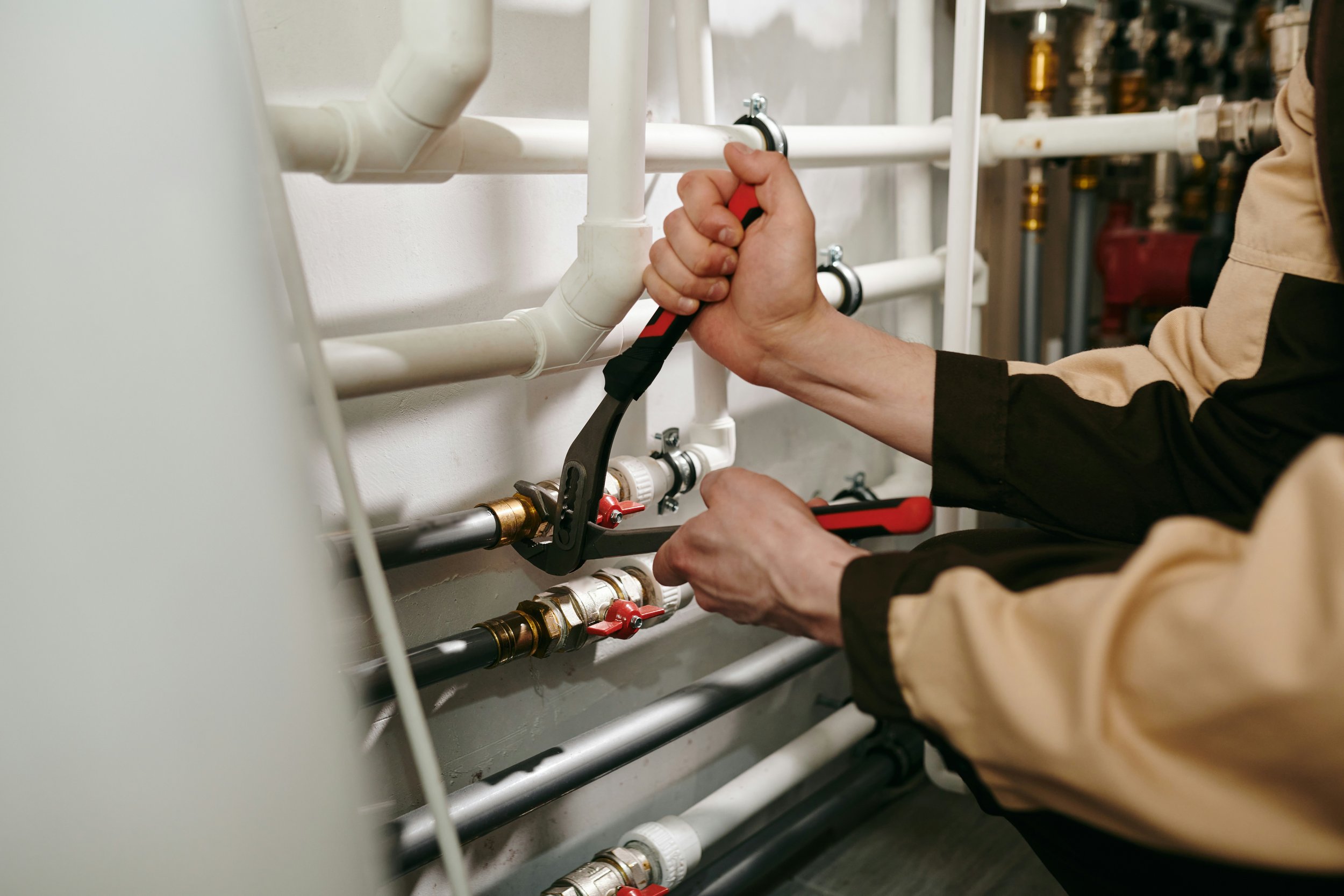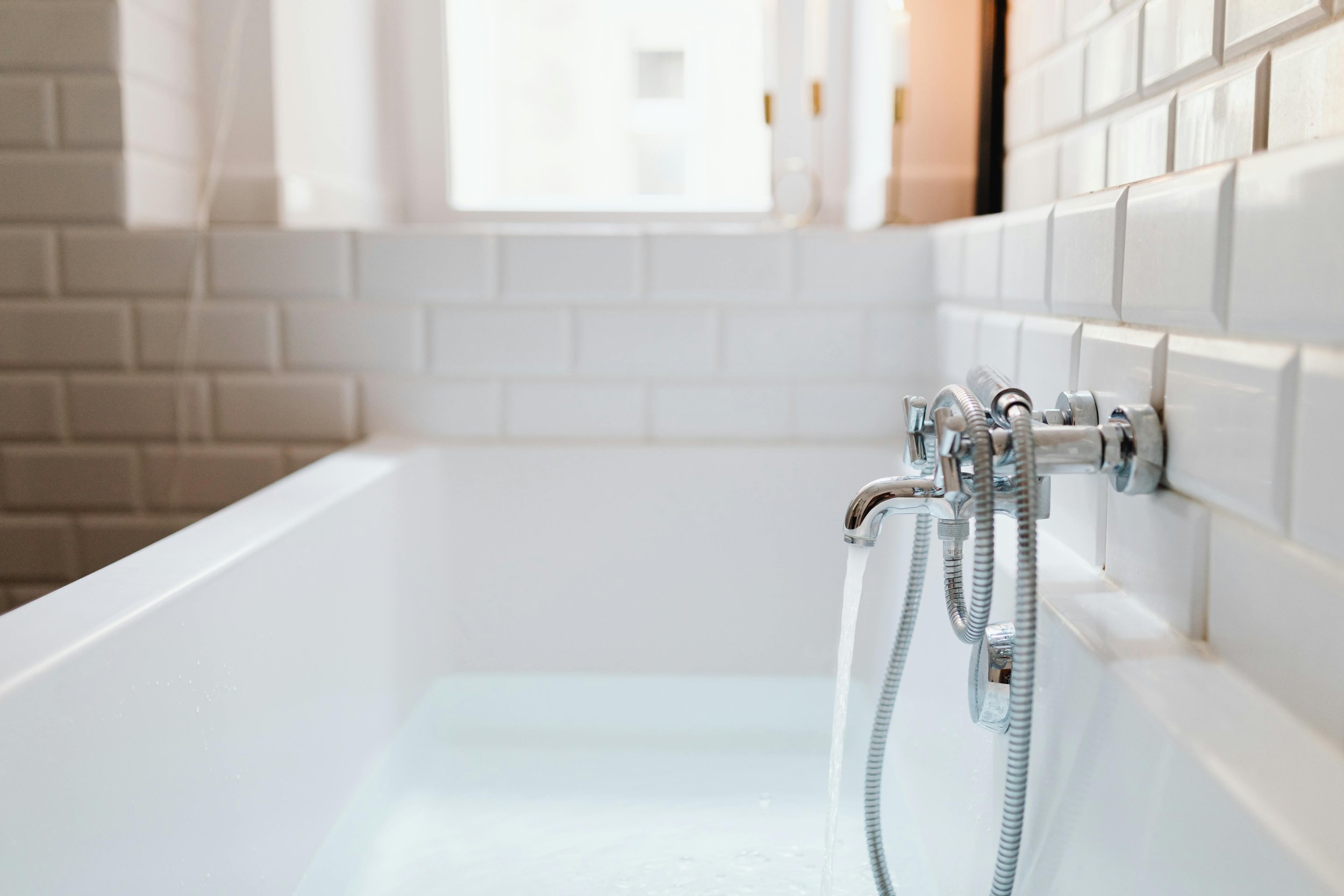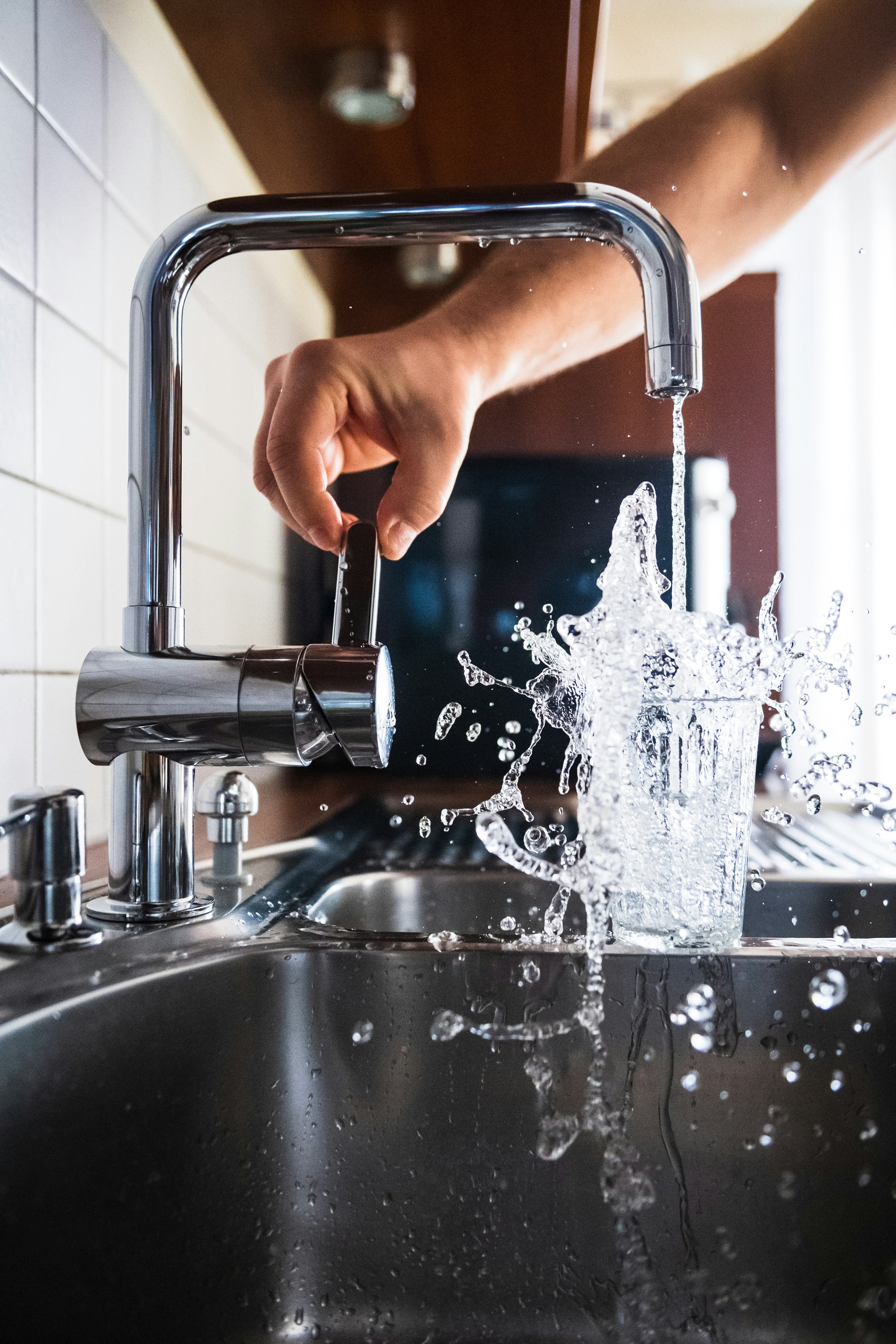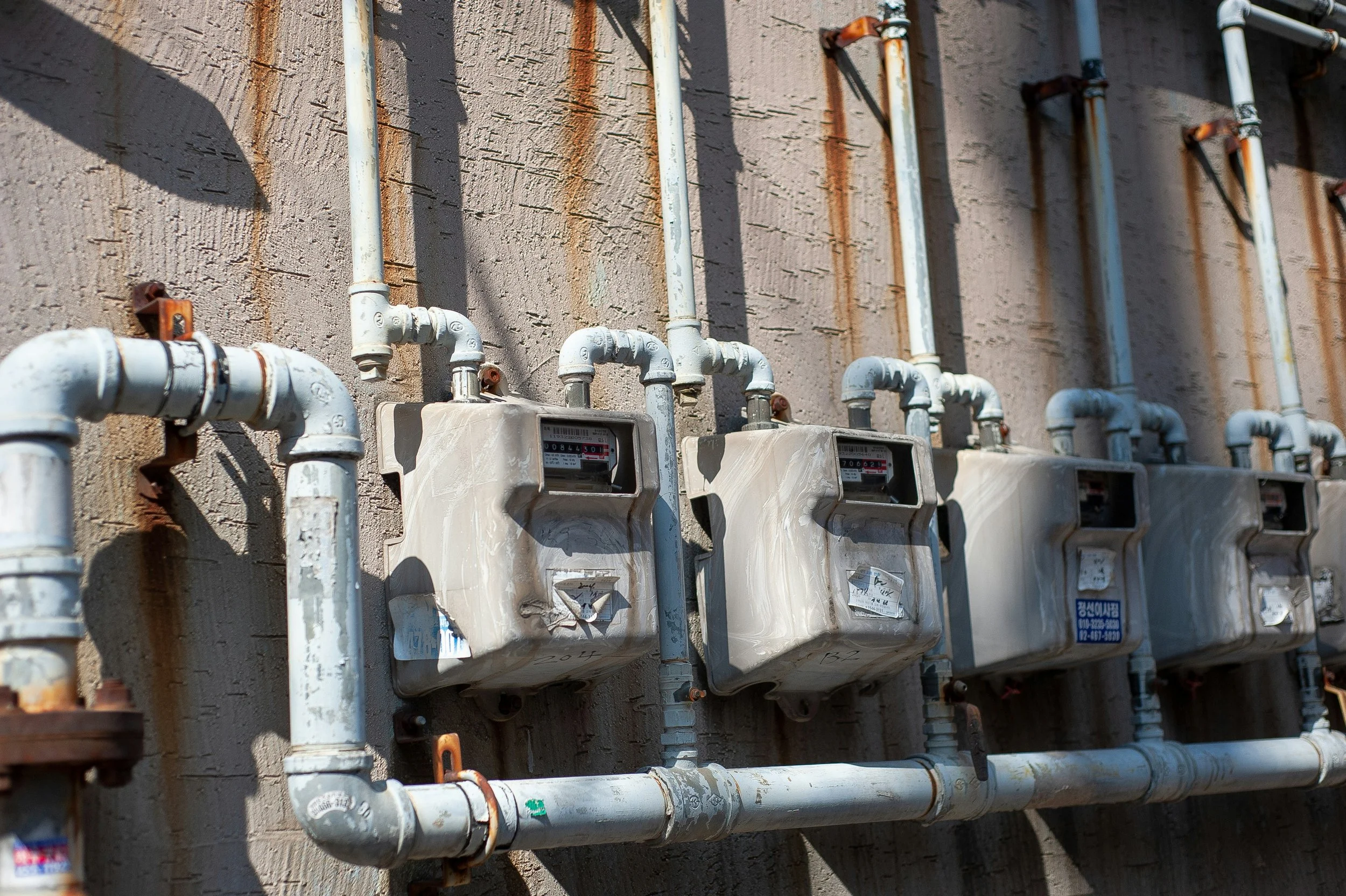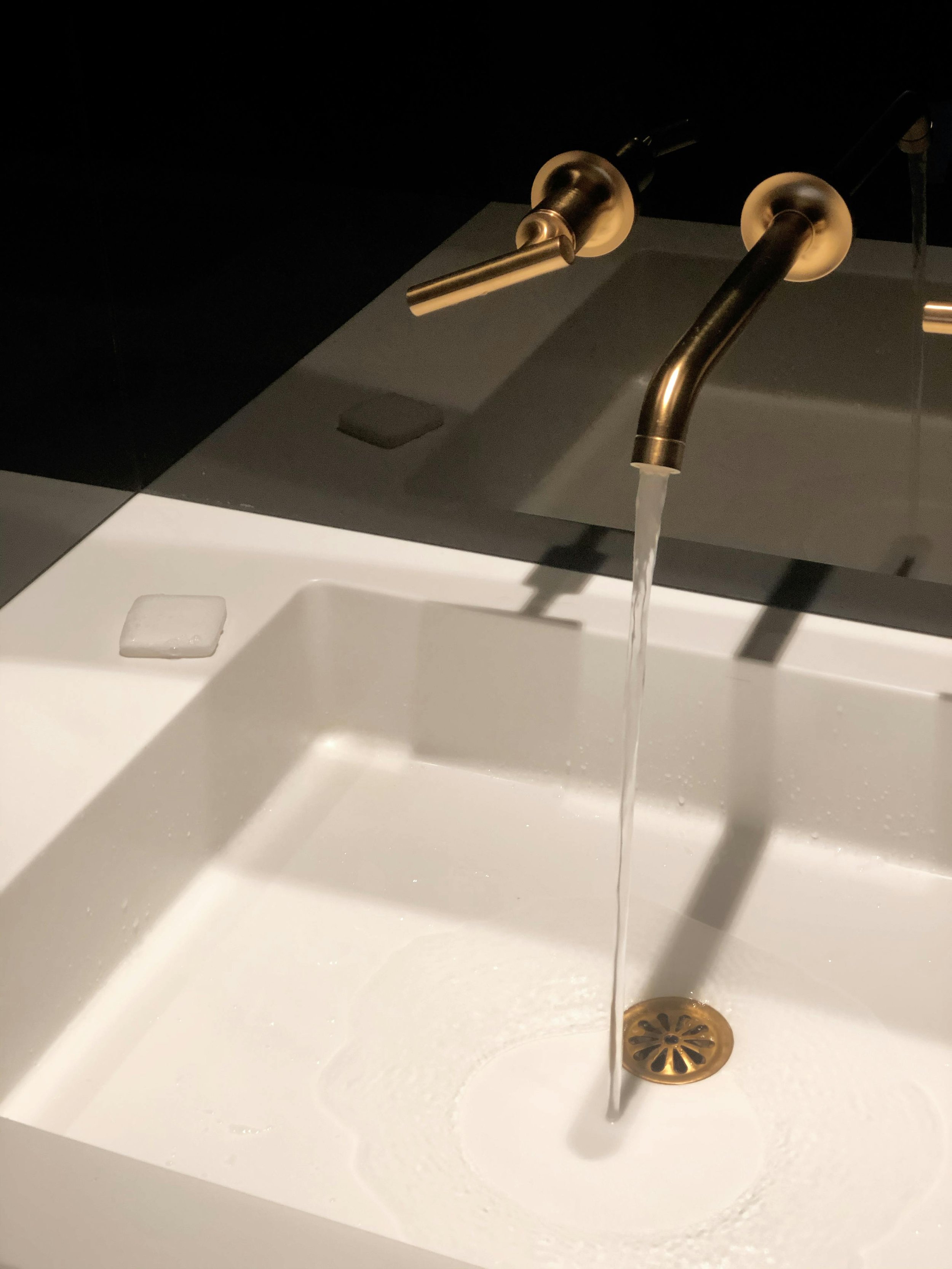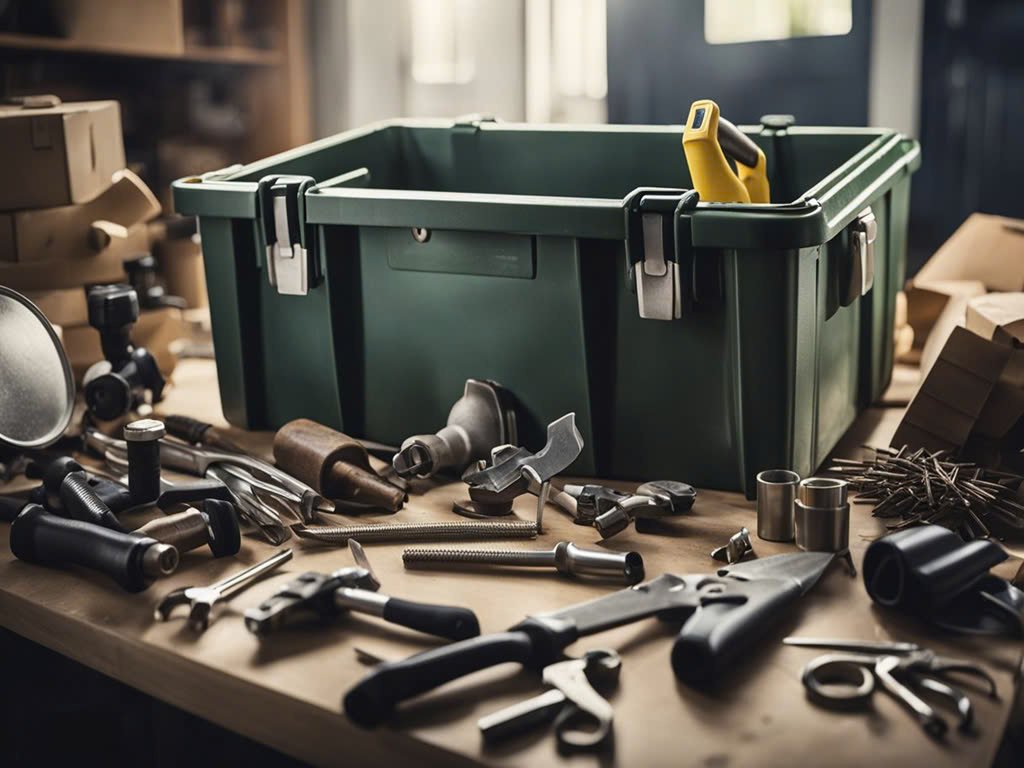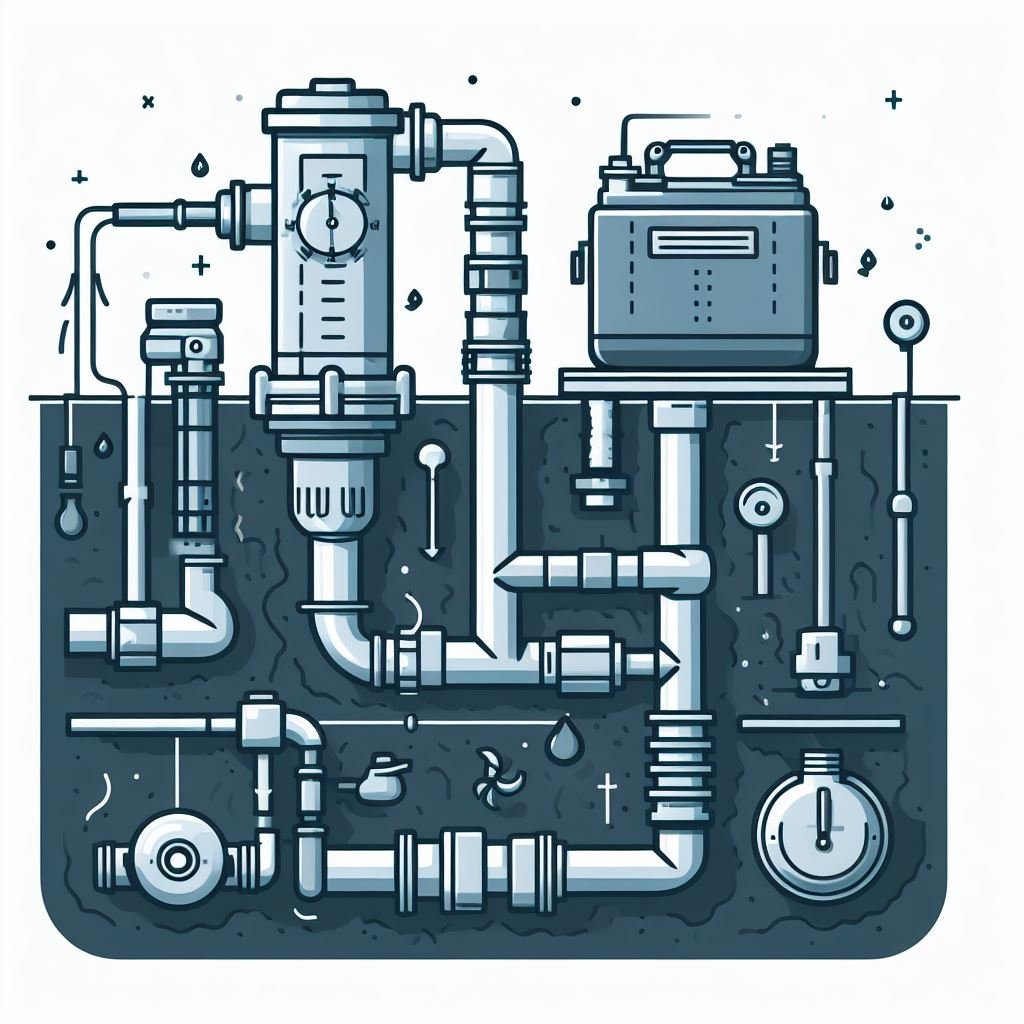Should You DIY Emergency Plumbing Problems?
Wondering if you should DIY emergency plumbing issues? Learn when it's safe to fix problems yourself and when to call a professional.
When a plumbing emergency hits, it can feel like your world is turning upside down. Whether it’s a burst pipe, a clogged drain, or a malfunctioning water heater, these issues demand immediate attention. Your first thought might be to grab your tools and fix it yourself.
But before you roll up your sleeves, it’s worth asking: should you really do-it-yourself (DIY) emergency plumbing problems? The answer isn’t always clear-cut. Read on to find out the pros and cons so you can make the best decision for your home and your sanity.
Know Your Limits
Not all plumbing problems are created equal. Some issues are simple enough for a confident DIYer to handle, while others require the expertise of a professional. For example, unclogging a drain with a plunger or replacing a washer in a leaky faucet are tasks you can probably manage on your own. But if you’re dealing with a broken sewer line, a malfunctioning water heater, or a major pipe leak, it’s time to call in the pros.
Be honest with yourself about your skills and experience. If you’ve never worked with plumbing before, an emergency isn’t the best time to start. You need to avail of professional plumbing services that you can trust to treat you right and provide top-notch service.
Understand the Risks of DIY Plumbing Issues Repair
Plumbing emergencies are no joke and it’s very important to understand the risks involved in dealing with them. Plumbing systems are intricate, and even a small mistake can lead to bigger, costlier problems.
For instance, if you overtighten a pipe to stop a leak, you might crack the fitting, causing an even larger issue down the line. Or, if you don’t fully resolve a clog, it could lead to a sewage backup, which is both unpleasant and expensive to fix. Water damage is another major concern. A small leak that isn’t properly addressed can result in mold growth, structural damage, or even a flooded basement.
Safety is another factor to take into consideration. Plumbing often involves working with water and electricity, which can be a dangerous combination if you’re not experienced. Before you decide to DIY, ask yourself: are the potential risks worth the savings?
Consider the Cost of Mistakes
One of the biggest arguments for DIY plumbing is cost savings. Hiring a professional plumber can be expensive, especially for emergency services. But what if your DIY fix doesn’t work—or worse, makes the problem worse? You could end up paying more in the long run for repairs, water damage restoration, or even medical bills if you injure yourself.
When DIY Plumbing Repair Makes Sense
While there are risks to DIY repair for plumbing, there are situations where it makes sense to tackle the problem yourself. If you’re dealing with a minor issue and have the right tools and knowledge, DIY can be a practical solution.
Here are a few examples of when DIY emergency repairs might be appropriate:
Clogged Drains: A plunger or drain snake can often clear a clog without professional help.
Leaky Faucets: Replacing a washer or O-ring is a relatively simple fix.
Running Toilets: Adjusting the flapper or fill valve can usually solve the problem.
Frozen Pipes: If you catch it early, you can thaw a frozen pipe with a hairdryer or heat lamp.
When to Call a Plumbing Professional
Some plumbing problems are simply too big or too risky to handle on your own. Here are a few signs it’s time to call a professional:
Major Leaks or Flooding: If water is gushing or pooling, shut off the main water supply and call a plumber immediately.
Sewer Line Issues: Foul odors, slow drains, or sewage backups indicate a serious problem that requires professional equipment.
Water Heater Problems: Issues with your water heater can be dangerous and complex. Leave them to the experts.
No Water Pressure: If your entire home has low water pressure, there could be a hidden issue in your plumbing system.
Gas Line Concerns: If you suspect a gas leak, evacuate the area and call a professional right away. Gas leaks are extremely dangerous and require immediate attention.
How to Prepare for Plumbing Emergencies
Whether you decide to DIY or call a professional, being prepared can make all the difference.
Here are a few steps you can take to handle plumbing emergencies more effectively:
Locate the main water shut-off valve and individual shut-off valves for fixtures like sinks and toilets. In an emergency, shutting off the water quickly can prevent major damage.
A plunger, pipe wrench, plumber’s tape, and drain snake can help you tackle minor issues. Keep these basic plumbing repair tools on hand.
Research experienced plumbers in your locality and save their contact information on your phone.
Regularly inspect your plumbing system for leaks, corrosion, or other issues. Preventive maintenance can help you avoid emergencies altogether.
Final Words
So, should you DIY emergency plumbing problems? The answer depends on the situation, your skills, and your comfort level. For minor issues, DIY can be a practical and cost-effective solution. But for major problems, the risks of DIY often outweigh the benefits. At the end of the day, when in doubt, it’s better to call a professional.
